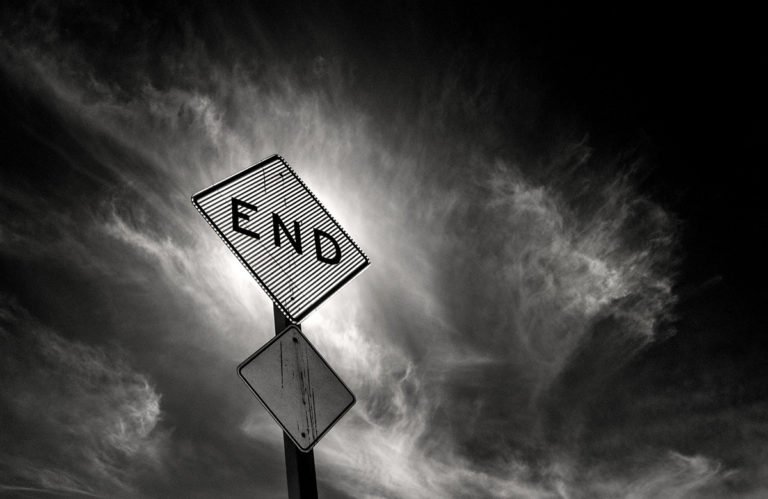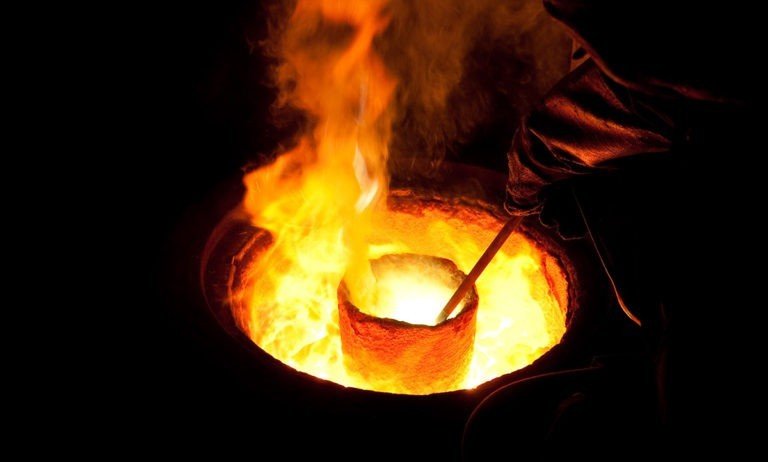The Lord Rebukes the Priests
2 “And now, O priests, this command is for you. If you will not listen, if you will not take it to heart to give honor to my name, says the LORD of hosts, then I will send the curse upon you and I will curse your blessings. Indeed, I have already cursed them, because you do not lay it to heart. Behold, I will rebuke your offspring, and spread dung on your faces, the dung of your offerings, and you shall be taken away with it. So shall you know that I have sent this command to you, that my covenant with Levi may stand, says the LORD of hosts. My covenant with him was one of life and peace, and I gave them to him. It was a covenant of fear, and he feared me. He stood in awe of my name. True instruction was in his mouth, and no wrong was found on his lips. He walked with me in peace and uprightness, and he turned many from iniquity. For the lips of a priest should guard knowledge, and people should seek instruction from his mouth, for he is the messenger of the LORD of hosts. But you have turned aside from the way. You have caused many to stumble by your instruction. You have corrupted the covenant of Levi, says the LORD of hosts, and so I make you despised and abased before all the people, inasmuch as you do not keep my ways but show partiality in your instruction.”
Judah Profaned the Covenant
Have we not all one Father? Has not one God created us? Why then are we faithless to one another, profaning the covenant of our fathers? Judah has been faithless, and abomination has been committed in Israel and in Jerusalem. For Judah has profaned the sanctuary of the LORD, which he loves, and has married the daughter of a foreign god. May the LORD cut off from the tents of Jacob any descendant of the man who does this, who brings an offering to the LORD of hosts!
And this second thing you do. You cover the LORD’s altar with tears, with weeping and groaning because he no longer regards the offering or accepts it with favor from your hand. But you say, “Why does he not?” Because the LORD was witness between you and the wife of your youth, to whom you have been faithless, though she is your companion and your wife by covenant. Did he not make them one, with a portion of the Spirit in their union? And what was the one God seeking? Godly offspring. So guard yourselves in your spirit, and let none of you be faithless to the wife of your youth. “For the man who does not love his wife but divorces her, says the LORD, the God of Israel, covers his garment with violence, says the LORD of hosts. So guard yourselves in your spirit, and do not be faithless.”
The Messenger of the Lord
You have wearied the LORD with your words. But you say, “How have we wearied him?” By saying, “Everyone who does evil is good in the sight of the LORD, and he delights in them.” Or by asking, “Where is the God of justice?”
(ESV)
Malachi 2 Commentary
by Brad Boyles
God starts with the priests and then works His way down to marriage and divorce in this heavy-handed chapter. Rather than speak to the details, I want to look at the bigger picture. We know that it has only been a short time since Israel has returned to their land and rebuilt their temple. The people in positions of leadership and authority were not that far removed from the punishment of their previous rebellion. But as we read, they went right back into the same sin struggles as before.
“But now you priests have turned away from the right path. Your teaching has led many to do wrong. You have broken the covenant I made with you. 9 So I, in turn, will make the people of Israel despise you because you do not obey my will, and when you teach my people, you do not treat everyone alike.”
Malachi 2:8-9 GNB
What this speaks to is the fact that under the old covenant, the people could not resist a sinful pattern of life. They fell back into it consistently. They operated in the flesh. Their obedience was short-lived as they quickly forgot how God had faithfully rescued them throughout their history. Does this describe your life currently?
What is the difference today? We have freedom in Christ. We have the Holy Spirit to convict and encourage. We have God’s power to choose life instead of death. With every decision we make, we are either choosing to give more of ourselves over to God or more of ourselves over to self.
What is the same today? We, like Israel, will always fall back into sin when we operate in the flesh. It’s guaranteed. When we read the Old Testament, we get a picture of what life looks without a Savior. It is frustrating, debilitating, and impossible. The question for today is who are you giving your life to? What direction are you headed with each decision?
“People often think of Christian morality as a kind of bargain in which God says, “If you keep a lot of rules I’ll reward you, and if you don’t I’ll do the other thing.” I do not think that is the best way of looking at it. I would much rather say that every time you make a choice you are turning the central part of you, the part of you that chooses, into something a little different from what it was before.
And taking your life as a whole, with all your innumerable choices, all your life long you are slowly turning this central thing either into a heavenly creature or a hellish creature: either into a creature that is in harmony with God and with other creatures, and with itself, or else into one that is in a state of war and hatred with God, and with its fellow-creatures, and with itself. To be the one kind of creature is heaven: that is, it is joy and peace and knowledge and power. To be the other means madness, horror, idiocy, rage, impotence, and eternal loneliness. Each of us at each moment is progressing to the one state or the other.”
C.S. Lewis



